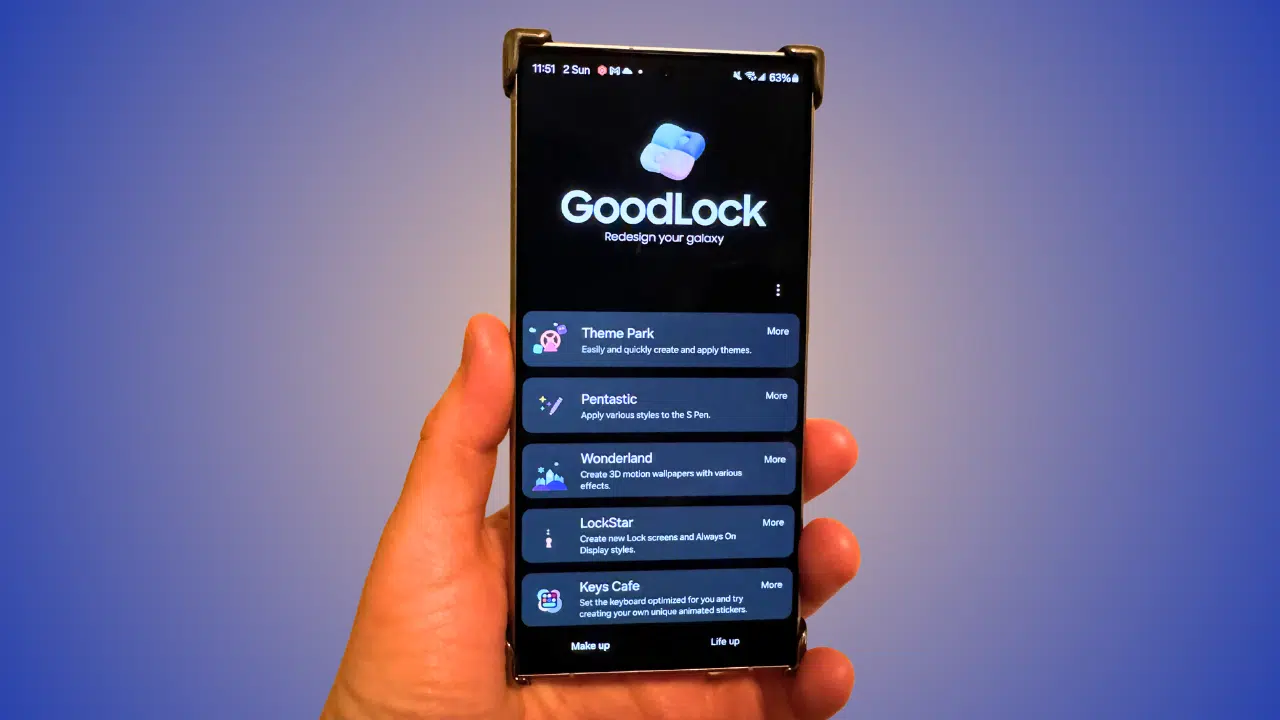According to the latest report, the American quantum company PsiQuantum and Mercedes-Benz cooperated on quantum computing to improve battery technology and published a simulation of electrolyte molecules in lithium-ion batteries (LiB) on a fault-tolerant quantum computer. A new study by, to achieve a new breakthrough in battery design.
Join tip3x on Telegram
The development of new lithium-ion batteries involves extensive trial-and-error experimentation. This slow and expensive R&D process could in principle be accelerated by simulating and validating the new chemical components within it.
However, it is difficult for conventional supercomputers to simulate the quantum behavior of these molecules and reactions, and quantum computers are expected to overcome this technical limitation.
 Moreover, modern lithium-ion batteries move charge from one electrode to the other through a liquid electrolyte material during charge-discharge cycles. Improving electrolytes will have important implications for various battery properties, including energy density (ie, battery efficiency), charging speed, battery life, cost, and safety.
Moreover, modern lithium-ion batteries move charge from one electrode to the other through a liquid electrolyte material during charge-discharge cycles. Improving electrolytes will have important implications for various battery properties, including energy density (ie, battery efficiency), charging speed, battery life, cost, and safety.
Li-ion batteries could be further improved and developed if an additive chemical could be found that would enhance the battery current provided by the electrolyte. To identify potential additives, precise simulations of the effects of their presence on electrolyte molecules are required, but such simulations involve calculations that cannot be done with conventional computers.
In response, PsiQuantum has partnered with Mercedes-Benz to develop a quantum algorithm for simulating the effects of fluoroethylene carbonate, a common electrolyte additive. The results, published in Physical Review Research, systematically illustrate how fault-tolerant quantum computing can optimize battery design.







